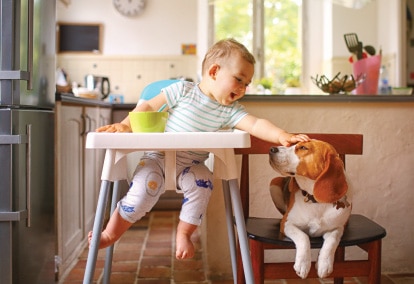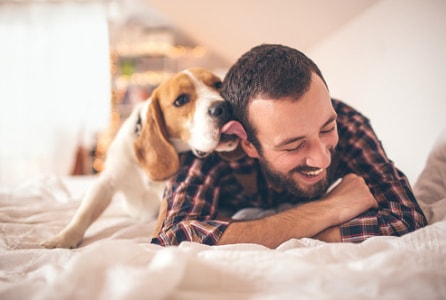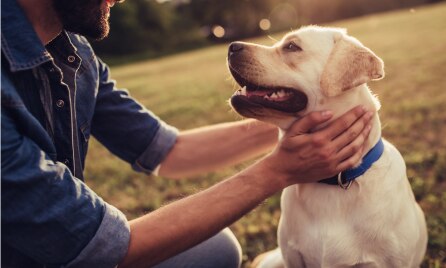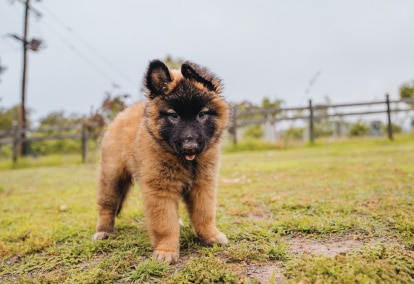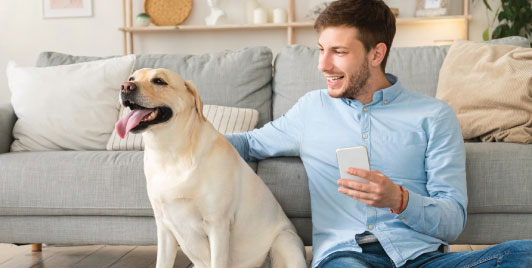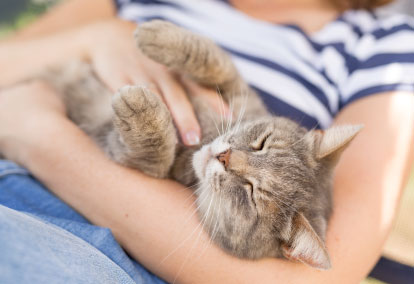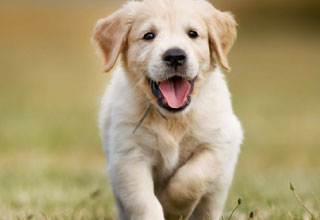- text
-
‡ Cover is available for the life of your pet provided you renew your policy each year without any break, lapse or change in the level of Cover. This means once your pet is insured with us and as long as we continue to offer the product, you will be able to renew your policy for that pet for life and your cover level will not be reduced as your pet ages provided you continuously maintain the cover. Cover is subject to the terms and conditions of your renewing policy. See details in your PDS.
Your pet is your world. That’s why it’s important to understand how insurance can help protect your furry friend.
In a nutshell, Pet Insurance might help mitigate some of the costs of veterinary bills over your pet’s life.
What are the benefits of pet insurance? We’ve broken down some of the key elements of pet insurance below to help make an informed decision on what works best for your needs.
What is pet insurance?
Pet insurance helps to protect your pet should they suffer an unexpected illness or accidental injury. If your pet unexpectedly becomes sick or injured, you usually pay the total cost upfront for the vet bill and then submit a claim to be reimbursed.
While it doesn't usually cover things like routine expenses such as vaccinations or regular check-ups, it can help with the cost of unexpected illness and specified accidents.
While you do have to pay the premiums for pet insurance out of pocket, it can help to know you might be reimbursed for some procedures.>
